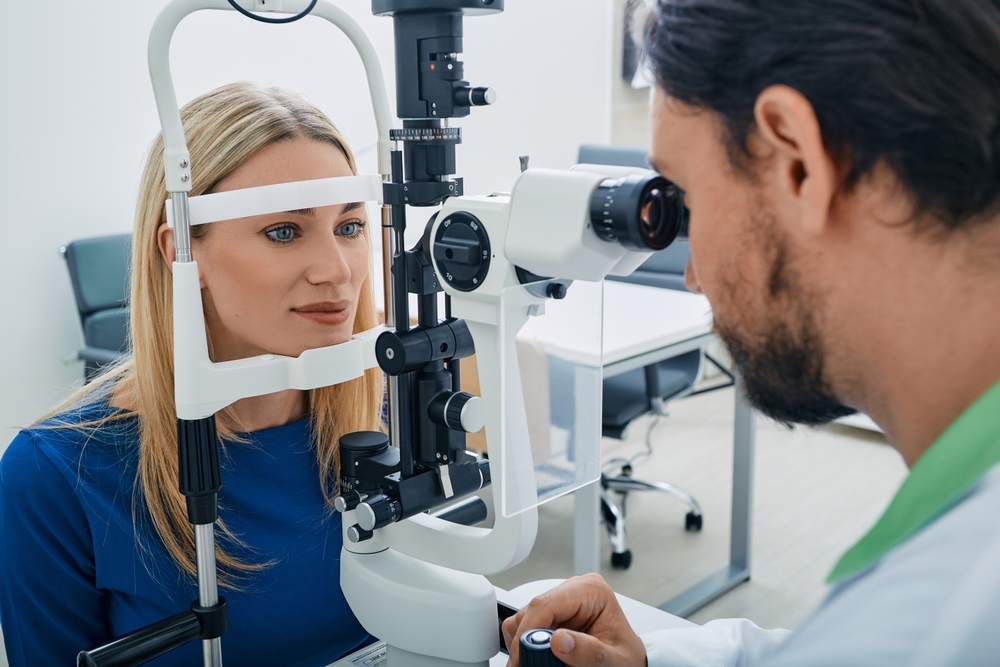
Routine eye care and eye exams have long-term benefits. Most people only visit their eye specialist when they begin experiencing eye problems. However, there are various conditions you may develop that have no symptoms. Fortunately, routine eye care can help catch them early and enable treatment or prevention.
Eye Health
Routine eye care and exams focus on the physical health of your eyes too. Your optometrist will examine your eyes to check if you have severe eye diseases. The most common conditions that affect people and threaten their sight are diabetic retinopathy, macular degeneration, cataracts, and glaucoma.
Your eye doctor will prescribe treatment if they diagnose any eye condition during routine eye exams. They will also recommend lifestyle changes to reduce the risk of eye diseases progressing and worsening.
Some conditions become dormant and do not cause severe damage with routine eye care and the appropriate treatment. Routine eye exams are best for an early diagnosis to help with the best eye health without relying on surgical procedures.
Improved Vision
Corrected vision can improve your quality of life and routine. Your eyes are vital for everything, from driving, working, cooking, sporting activities, and many other activities. Your eyesight can start deteriorating gradually. You may not notice struggling with everyday tasks until your vision worsens.
Your optometrist will conduct a visual acuity test during your routine eye exams. They will then give you a new pair of contact lenses or eyeglasses to help improve your eyesight and enhance your life.
Treatment of Severe Health Problems
Routine eye care and exams help determine the overall state of your health. Your ophthalmologist can discover significant health issues by evaluating the blood vessels in your eyes. Doing so will help detect problems like:
Tumors - Droopy eyelids or irregularly shaped pupils could mean you have an aneurysm or a neck tumor.
Diabetes - The blood vessels in your retina can show you have this condition if they start leaking yellow fluid or blood.
Cancer - Closely observing your eyelids can show if you have skin cancer. You could also have eye cancer if you have an abnormal eye structure.
Hypertension - Your eye specialist can identify high blood pressure if the blood vessels in your eyes have tears.
Autoimmune disorders - Inflammation in your eyes could mean a condition like ankylosing spondylitis or lupus.
Thyroid disease - Protruding eyes or Graves disease is usually a sign of this condition.
High cholesterol - Your ophthalmologist can detect this condition by seeing a yellowish ring or tint around your eye’s cornea.
Prescription Change
Routine eye care and eye exams help detect the slightest vision changes. As a result, you always ensure your prescriptions are up to date. Individuals who depend on contact lenses and eyeglasses have less risk of using the wrong prescription with changes in their vision.
Prevention
Routine eye care and eye exams help with prevention for people of all ages. Children should have a licensed ophthalmologist examine their eyes from six months of their age. People with a family history of eye development complications or vision problems like diabetes help prevent such issues from developing through regular eye care.
For more about routine eye care and eye exams, visit Gregor Eye Care at our office in Overland Park, Kansas. Call (913) 685-0212 to book an appointment today.








